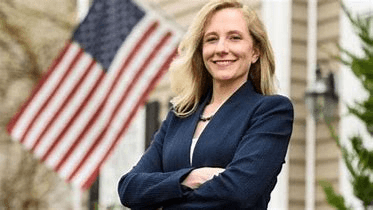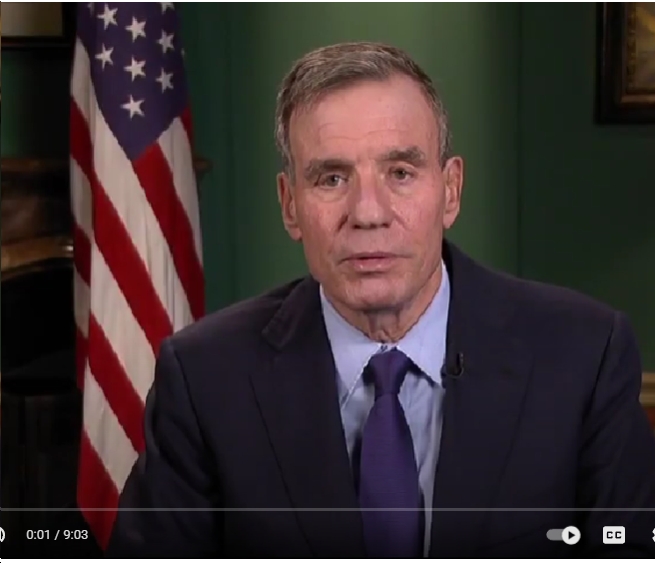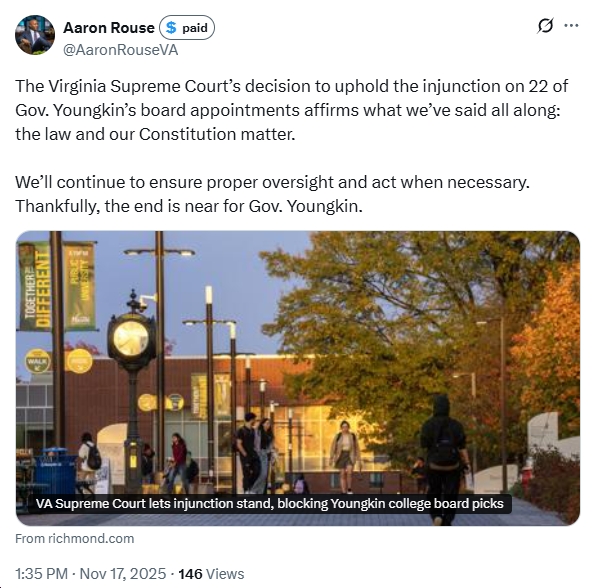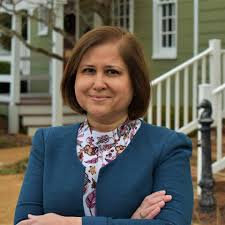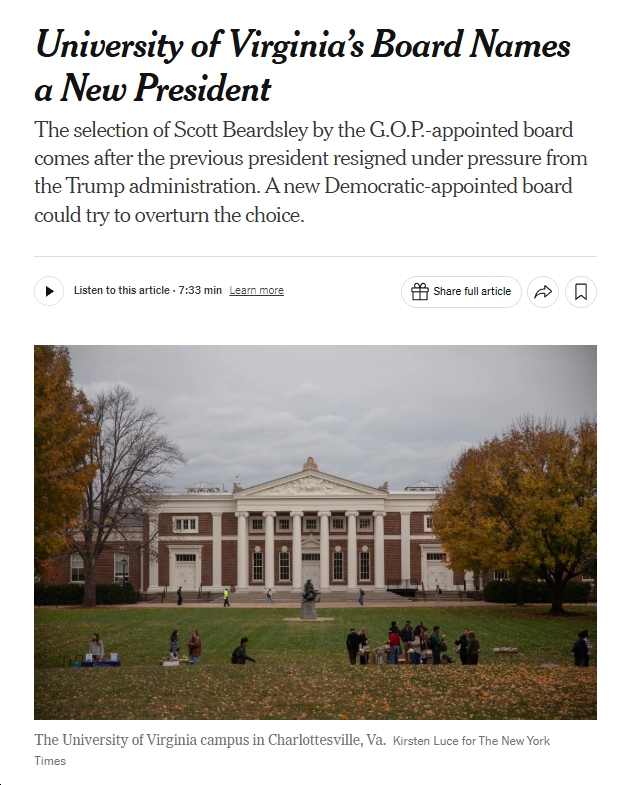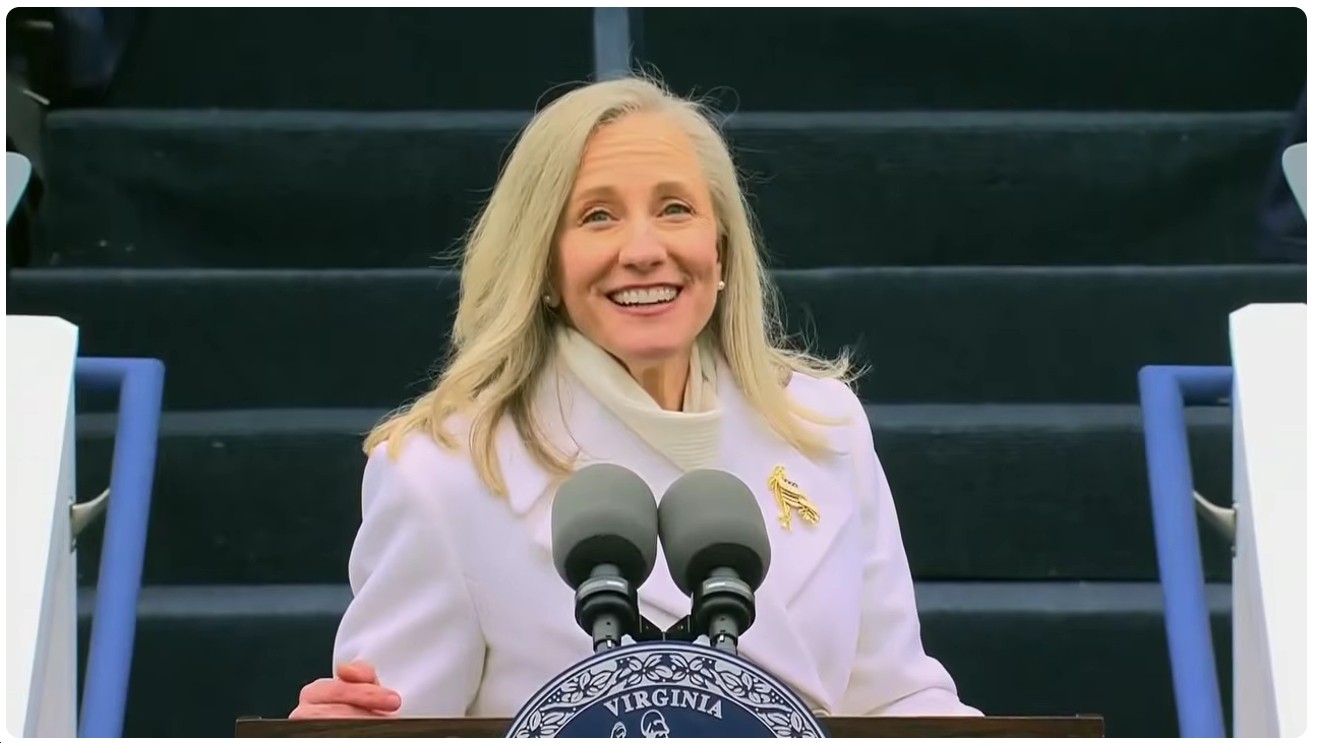I had a chance Thursday to catch up with Virginia Secretary of Education Atif Qarni, who has been very busy the past year, and who (not surprisingly, given all that’s been going on) had a lot of ground to cover in our conversation. So, I’ve broken this interview up into two parts. See here for Part 1 (on what the major accomplishments in education have been the first three years of the Northam administration; dealing with the COVID-19 crisis; Republicans’ “irresponsible” demands for an immediate return to five-days-a-week in-person learning; plans to get kids back to full-time, in-person learning this fall), and see below for the second part of the interview, with highlights in blue/bold, on anti-Asian-American bigotry, folks in every community who are willing to sell out to Trumpism, the governor’s schools, the importance of diversity, Gov. Northam’s leadership, and hope for the future.
Question: Given that you are Pakistani-American and also VA Secretary of Education, I’m just curious what your reaction is to the wave of anti-Asian-American bigotry which we saw horrifically the other day in Georgia. Are you seeing a significant amount of this bigotry here in Virginia, in the schools, or elsewhere, and how can we best go about dealing with this situation?
Qarni: Tea Partyism morphed into Trumpism. Different eras have seen different forms of movements based on white supremacy, white privilege and white entitlement. They target different groups in different phases, depending on the circumstances or situations that we’re dealing with. Trump and Trumpism are the reasons for what is happening right now. The Asian-American community is not monolithic, of course; there are specific sub-groups being targeted. But it is very clear that there is a rise in hate crimes this past year because of Trump and Trumpism on how they characterized the COVID pandemic.
Question: Are you seeing this in Virginia?
Qarni: When I was a teacher I saw all sorts of bullying and teasing which included teasing of Asian American students by other students. We established a cultural advisory committee at the state level, which I mentioned earlier. I also asked the Department of Education to send out the following resources to help teachers talk to students about this issue in a thoughtful way:
- Speaking Up Against Racism Around the New Coronavirus (Teaching Tolerance)
- Student Perspective: Coronavirus Racism Infected My High School (The New York Times)
- Coronavirus: Countering Biased Responses (Morningside Center for Teaching Social Responsibility)
- Speak Up! Responding to Everyday Bigotry: How to Speak Out Against Xenophobia and Racism in a Range of Settings (Learning for Justice)
- “Show Up: Your Guide to Bystander Intervention” (Hollaback!)
- Talking to Students about Racialized Violence (Harvard)
Additionally, you may find the anti-racism resources included in our June 2020 Newsletter useful.
We need to do more. In the last few years, our K-12 and institutions of higher education have improved ways to collect information from students and staff of misconduct and hate. With the rise of Trumpism, all people of color — Asian Americans, African-Americans, Hispanics, Muslims — are facing a lot of hate. I want to double down on collecting data and information on bullying and incidents in our schools, sporting events, etc. And then really focus on culturally responsive pedagogy. Senator Locke and Delegate Jenkins bill I mentioned earlier will really help.
Question: There was a bill in the General Assembly on governor’s schools that didn’t pass, for instance. On that issue, I noticed it became very contention between Asian Americans and African Americans. Can you talk about that?
Qarni: The issue is bigger than just Governor’s schools. We have many inequities in education. Earlier, I mentioned numerous ways we are addressing these inequities. Modern-day school segregation is real. Data clearly shows that, as do my observations traveling to 90% of the school divisions in the state, including hundreds of schools. In big divisions, segregation is more clear where we see well-resourced schools versus under-resourced schools. We see schools with more experienced teachers and staff versus much lesser-experienced teachers and staff. In large schools, we see schools within schools. There are significant opportunity gaps in gifted programs, AP classes, etc.
The reason we have a fragmented structure with our gifted programs is that, at the federal level, no one has taken steps to create laws and regulations to give structure. All other areas of education are regulated; however, there is a big vacuum for gifted education. After “Massive Resistance,” gifted programs were used as a tool to keep schools segregated. Virginia led the way with Brown v. Board of Ed. However, it also was a place of origination of “Massive Resistance.” Decades later we are still having these debates.
I remain optimistic, because there are efforts in Virginia to address modern-day school segregation at local and state levels. However, we really need to accelerate the work. Addressing disparate impact in Governor’s schools is just one example. The bill you mentioned to develop guidance was really good; however, it got the attention it did because there are some very loud folks who want to keep our schools segregated. The House passed it and it was killed in the Senate Education Committee. However, the debate, albeit heated did bring more attention to the issue. The Board of Education this past week actually had the issue on their agenda and has accelerated their work on this.
Note that all four Asian-American General Assembly members voted to pass this bill. The largest Asian-American organizations have been in support of this reform, have written op-eds, and were distraught that it was killed in the Senate. Most people are for progress and reform and value Diversity, Equity and Inclusion.
For generations and globally, groups have been pitted against each other. This is the ammo of white supremacy, white privilege, and white entitlement. There are folks who will sell out and put self-interest and tie themselves to the dominant culture. The folks who are challenging progressive reforms at elite schools in America have created a false narrative that these efforts are anti-Asian. By helping other underserved groups and being pro-integration policies do not automatically make people anti-anything. What I also found disturbing and disgusting is how some folks have tried to tie this to hate crimes we have seen this past year as a direct result of Trumpism. These same folks have defended Trump and they have very vocally attacked progressive reforms which embrace Diversity, Equity, and Inclusion. I believe this is being done in collusion with Republicans to intentionally drive a wedge between different people of color.
We should be helping the greater good and helping everyone and being empathetic to everyone. On Fox News, there have been Asian Americans tied to right-wing groups saying what happened in Atlanta is not necessarily based on a hate crime based on race. That false narrative is damaging, to see Asian Americans, people of color avoiding facts, gaslighting, etc.
With the Governor’s school issue, I received very disgusting emails reinforcing inappropriate eugenics myths. These emails said things like some racial groups are better equipped at math and science and some are better at sports. It’s unfortunate that anyone would believe that. But it’s not just the massive resisters who believe this, some elected officials do as well. And I really think that’s why we need our elected officials in both parties at all levels of government to take robust Diversity, Equity, and Inclusion training so they can make well-informed decisions.
Question: That bill was defeated in the General Assembly, even though it was already a pretty watered-down bill, in the Senate…there was quite a contentious Senate education committee meeting on that where it got very heated.
Qarni: We just have to educate. It’s my job as an educator and who really believes that we need to uplift everyone is to continue to educate. Personally, I’ve been attacked; if you only saw the things people have said to me the last three years – very xenophobic, Islamophobic. But I do realize that this is the right-wing agenda to attack, villainize and reject anyone who wants to embrace Diversity, Equity, and Inclusion.
Progress takes time. Like I mentioned earlier, in the last three years we have accomplished a lot, but we have miles to go. Especially when it comes to really address Modern Day School Segregation. Whether it’s me or someone else the work is continuing and that’s what I want to ensure everyone, whether it’s with gifted programs or governor’s school or any other issues, the change is going to happen. To provide equitable education opportunities is not only a moral obligation, it is a legal obligation.
By addressing inequities, it doesn’t take away from any group. We have to reject the false narrative. The mudslinging, false narratives gaslighting is not just isolated to Trumpism. It has happened era after era with movements of hate and white supremacy. The only way to counter this is by focusing on facts, data, and the truth.
Question: How important is it to have diverse leadership in pushing all this change? I mean, Ralph Northam’s a white guy, but by almost any metric he’s been the most progressive governor in Virginia history…by far, actually. Of course, that’s in large part because Democrats took back the General Assembly. But anyway, how important is it to have diverse leadership?
Qarni: It is important. Diversity of race, gender, age, religion, region are all important. But so is the diversity of thought. Governor Northam has been the most consequential Governor in the history of our state. Virginia has progressed tremendously the last few years under his leadership. Sometimes history just has a way of picking the right person for the right moment. The reason the Governor has accomplished so much is that his willingness to listen and putting around him people with different perspectives.
Since you’ve known me, I’ve talked about the diversity of representation in Virginia and the Democratic Party. That’s why I’m so fond of my boss because he took a risk on somebody who came right out of the classroom, it had never happened in Virginia. And somebody who is Muslim, an immigrant, and so forth. Not many are willing to do that. Not many are willing to surround themselves with different perspectives.
In the last few years, we’ve seen local school boards, city councils, and the General Assembly become more diverse. That has changed conversations and is driving change. We’re also seeing different marginalized groups – African Americans, Asian Americans, Hispanic Americans, the LGBTQ community – starting to come together and really gel in their efforts and work together. We need to do a better job to work together and really understand each other. That’s why I don’t get discouraged much. I realize there are token people of color like the Candace Owens of the world in every group who will sell out for personal interests. That does have an adverse impact on progress. However, I feel good about Virginia, I feel good about our country that change is happening. And I feel really good about our younger generation because the younger generation is more thoughtful, they embrace diversity, they embrace inclusivity, and they want to collaborate with each other, they want to be creative, innovative and how we can help uplift each other. So that’s why I remain optimistic.

